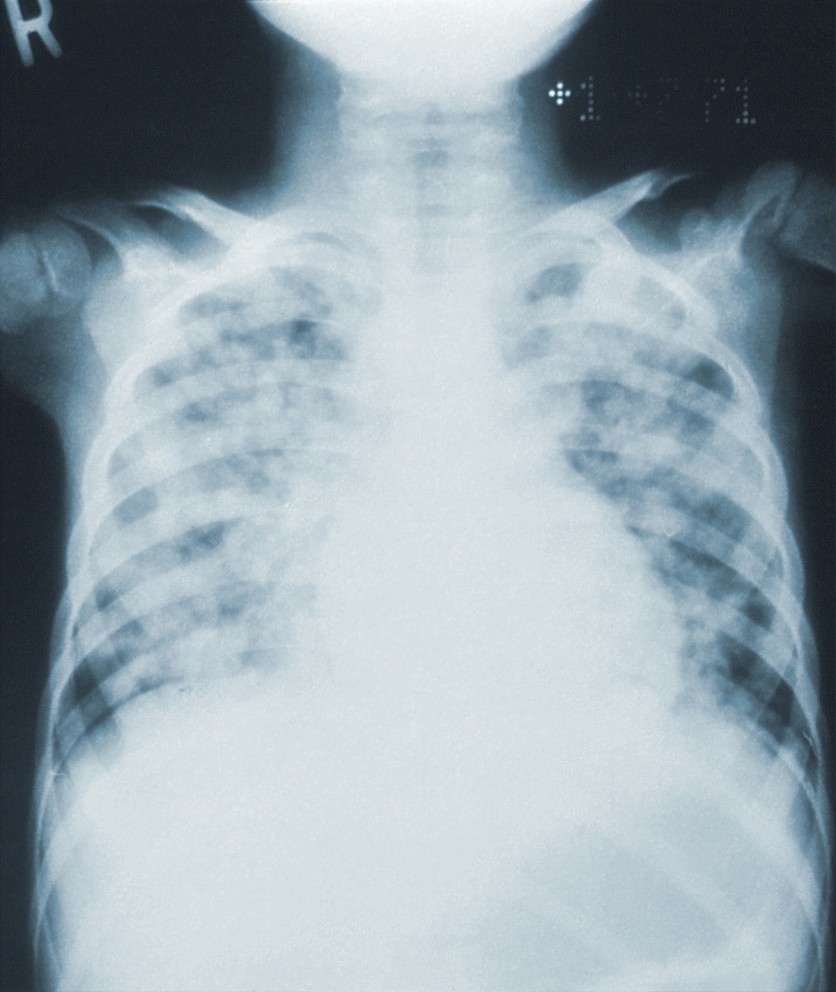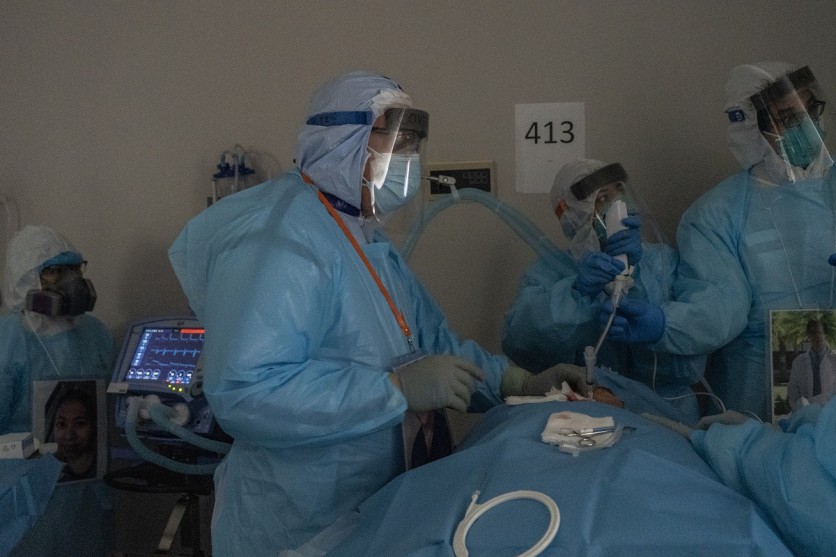Researchers from the Northwestern University announced on November 24 that they have successfully developed a new radiology tool powered by artificial intelligence (AI).
The tool is called DeepCOVID-XR and its AI algorithm can spot COVID-19 through chest x-ray images at about 1-6% more accurately and 10 times faster than specialized thoracic radiologists, according to a Forbes report.

DeepCOVID-XR uses Artificial Intelligence to detect Covid-19
The Evanston, Illinois-based university published the study in the journal Radiology, which indicated that the new tool has "classified 2,214 test images with an accuracy of 83%." The author also stated that earlier detection of coronavirus could protect health care workers and patients by isolating the patient sooner as well as flagging potential carriers of the virus.
To train and test the machine-learning tool, researchers utilized 17,002 chest X-ray images. Among these, 5,445 were from COVID-19-positive patients from different Northwestern Memorial Healthcare System sites.
The team tested DeepCOVID-XR on 300 test images from the Lake Forest Hospital. Researchers compared the tool's results against those created by five experienced cardiothoracic radiologists. Compared to radiologists who spent about 2.5 to 3.5 hours to analyze these images, the DeepCOVID-XR's A.I. system only took about 18 minutes to yield results.
However, Northwestern's A.I. expert and senior author of the study Aggelos Katsaggelos said they do not intend to replace the actual COVID testing. "X-rays are routine, safe and inexpensive," said Katsaggelos adding that it would only take seconds to screen a person as well as "to determine if the patient needs to be isolated."

Another author of the study, Dr. Ramsey Wehbe explained that the triage process speed could be highly improved if a patient can be flagged using the algorithm. Since a COVID-19 test could yield results in hours or days, the risks will be highly reduced while waiting for the test results.
Katsaggelos noted that conducting an initial screening on patients who need to be isolated could provide massive help to the emergency department. Health workers and physicians were at high risk of getting infected with COVID-19 as they encounter COVID-19 patients seeking medical attention.
However, the press statement warned that not all COVID-19 patients will show any signs of coronavirus shown on their chest X-rays, particularly in the early progression stage when patients will not yet have manifestations on their lungs. Thus, DeepCOVID-XR tool will not be very helpful in this case.
In fact, they even lack of personal protective equipment (PPE) supplies at the onset of the pandemic. This caused healthcare professionals to reuse their PPE supplies, which led them to get infected with the virus. Based in Centers for Disease Control and Prevention (CDC), nearly 238,000 healthcare workers already contracted coronavirus while more than 841 of them died of COVID-19.
Read also: BioVyzr COVID-19 Helmet Promises Full Protection Against Coronavirus, Better Than Face Masks
DeepCOVID-XR is not conclusive
Meanwhile, the journal article also brings a vital consideration of DeepCOVID-XR's technology as previous clinical studies also showed that chest images of COVID-19 pneumonia produce distinct characteristic features.
However, the tool also has some limitations. Many findings seen in the imaging are non-specific with overlap with other illnesses, particularly with types of viral pneumonias. Also, up to 56% of symptomatic patients show normal chest xray results in the early stage of the illness, imaging is not appropriate to be used "rule out" infection.
Thus, authors wrote that in their study that chest imaging should not be solely used as a COVID-19diagnostic tool. Instead, it could play a vital role in speeding up patient identification and isolation of those who are "likely to have the disease to aid in triage and infection control."
"We feel that this algorithm has the potential to benefit healthcare systems in mitigating unnecessary exposure to the virus by serving as an automated tool to rapidly flag patients with suspicious chest imaging for isolation and further testing," the authors concluded.
Related article: Oxford University Develops "Extremely Rapid" COVID-19 Antigen Test Kit - Get Results in 5 Minutes!
This is owned by Tech Times
Written by CJ Robles




